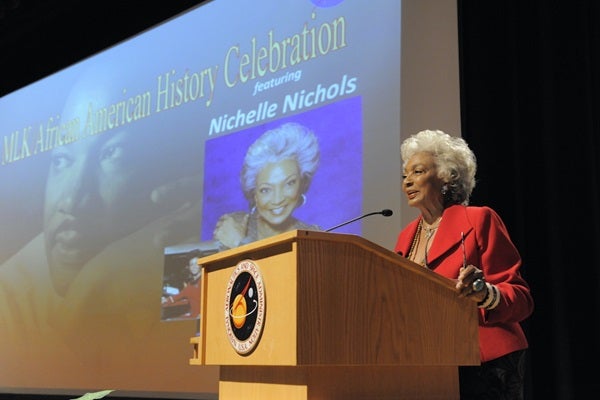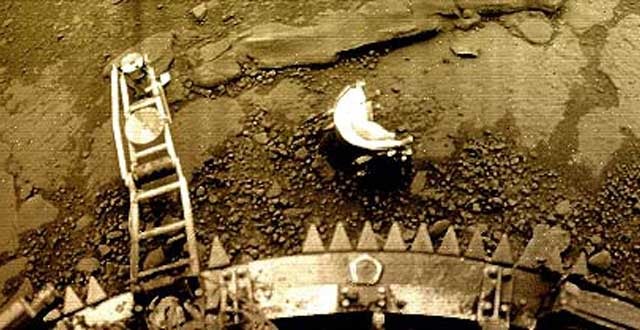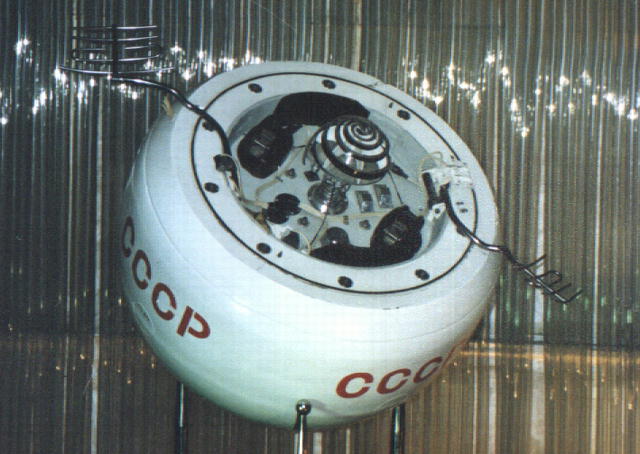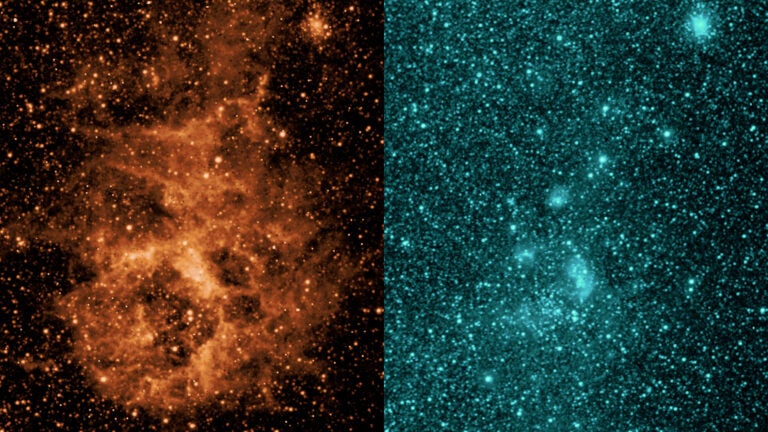Nichelle Nichols, who passed away July 30 at the age of 89, was well known for her role in Star Trek: The Original Series as Lieutenant Uhura, one of the first recurring major television roles played by a Black woman. But long after the series’ short, three-year run, Nichols continued to influence others to pursue careers in physics and astronomy.
According to a release from NASA, the actress appeared in a promotional agency video recruiting women and other minorities for astronaut training in the 1970s. The project worked as intended: In 1978, NASA accepted Guy Bluford, the first Black American astronaut, and Sally Ride, the first American woman to reach space, into the astronaut corps. Her continued work as the space program ambassador in the ’80s inspired thousands of people from all walks of life to apply for the opportunity to take part in the space program.
“Nichelle Nichols was a trailblazing actress, advocate and dear friend to NASA,” said NASA Administrator Bill Nelson in the release. “At a time when Black women were seldom seen on screen, Nichelle’s portrayal as Nyota Uhura on Star Trek held a mirror up to America that strengthened civil rights.” He also spoke about how her advocacy “transcended television and transformed NASA.” Following the Moon landing, “Nichelle made it her mission to inspire women and people of color to join this agency, change the face of STEM and explore the cosmos.”
Although she worked hard to advance diversity among the STEM fields, Nichols did not originally set out to become role model. Born in Chicago, her father had to fight for her right as a young Black girl to audition for the Chicago Ballet Academy. She was accepted. Also an accomplished singer, Nichols later toured as a dancer with Duke Ellington and dreamed of a career on Broadway.
She was eventually cast in her most well-known role as Uhura on Star Trek in 1966. Although the series was already becoming a cultural phenomenon after its first season, Nichols worried it was stifling her Broadway career and considered leaving the show. However, she fully embraced the role after Dr. Martin Luther King, Jr., told her about the power of her place in the show.
“You cannot leave; you cannot abdicate,” King said to her, Nichols recalled during a speech at NASA’s Goddard Space Flight Center in Greenbelt, Maryland. “You don’t know what you mean to us. Every night that you’re on, we can look on and see what we’re fighting for.”
Nichols continued to advocate for science programs throughout her life and, along with her fellow Star Trek costars, attended the 1976 rollout ceremony of NASA’s first test space shuttle, appropriately named Enterprise. She also delivered countless talks, penned an autobiography, and met President Barack Obama.
“Today, as we work to send the first woman and first person of color to the Moon under Artemis, NASA is guided by the legacy of Nichelle Nichols,” Nelson concluded in his remarks on Nichols’ lifelong contributions to inspiring so many toward science and exploration.
She truly went where no woman had gone before.










